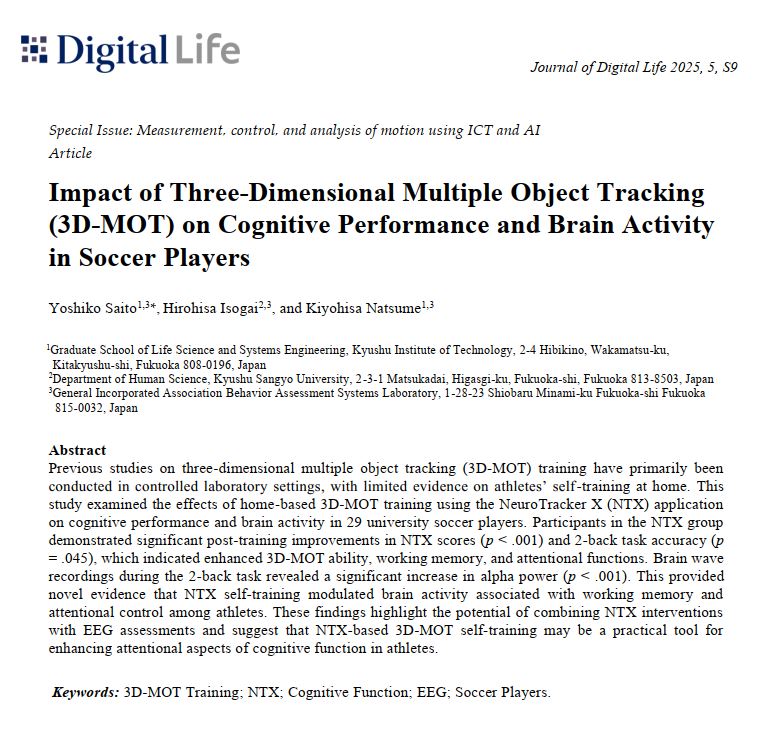Welcome to the Research and Strategy Services at in today's fast-paced.


Learning how to a fly a jet is extremely demanding. Not only does a high degree of skill need to be matched with an enormous amount of information processing from the aircraft’s dashboard, these have to be managed under high physical stresses. Becoming a jet pilot takes hundreds of hours of training to achieve proficiency. This comes at a very high cost, and the rate at which pilots learn varies greatly. For years, the aviation industry has been challenged with the question of how to measure training effectiveness.
In a ground-breaking study, a new method was devised to reveal what happens inside the minds of pilots when they take to the air. In a collaborative research project, the Faubert Lab, the University of Iowa’s Operator Performance Lab, the University of Montreal, and Collins Aerospace (avionics and simulation training company), partnered their fields of expertise to come up with an innovative way to assess the mental loads of flying.
In an experimental combination of man-machine technology, an Aero Vodochody L-29 jet plane had a NeuroTracker system integrated into the dashboard and pilots were hooked up with eye tracking and ECG equipment.

This setup was also mirrored in a flight training simulator. The goal was to objectively measure cognitive and physiological loads across three levels of flight maneuvers, assess effects on performance, and compare these for both live and simulated flight.
Pilots in the study first completed a 15-session NeuroTracker program to establish an elevated cognitive baseline. They then carried out a first round of live and simulated test flights involving low, medium and high difficulty flight maneuvers, such as performing steep climbs with rolls within a set time duration.

Eye tracking and brain signals were measured, along with an analysis of technical performance. On a second round, they repeated the same test procedure, but with an added twist – pilots were also tasked with performing NeuroTracker while executing maneuvers. The researchers’ theory was that NeuroTracker would measure the pilot’s spare cognitive capacity. In turn, this would reveal the mental loads involved with each task – something never before attempted.
The demands on the brain were found to be surprisingly large for all tests. The pilots’ ability to perform NeuroTracker was drastically reduced, using up almost all of their spare cognitive capacity. This effect consistently increased the more difficult the flight maneuver was. The simulator had less effect on mental and physiological loads than live flight, a finding of particular interest for identifying limitations for virtual training.
By measuring pilot workload for various scenarios and in parallel with performance metrics, this approach could be used to assess a pilot’s training capability and to personalize training loads to his or her specific needs.

Benefits would be reduced training fail rates and accelerating learning rates through properly optimized training programs. Additionally, evaluating spare cognitive capacity may also provide a measure of performance readiness.
The research was recently presented at I/ITSEC (Interservice/Industry Training, Simulation and Education Conference) – the world’s largest get-together of professionals in the simulation and training industries. Due to a real need for solutions which improve the cost efficiency and effectiveness of personnel training, it was awarded ‘Best Paper’ for training, being described by military leaders as the ‘first objective measure of operational readiness.’ The study represents the initial stage of a multi-year research project, with expert pilots currently being tested for the next phase.
Study Reference
Perceptual-Cognitive & Physiological Assessment of Training Effectiveness
Interservice/Industry Training, Simulation and Education Conference (I/ITSEC) 2017







Welcome to the Research and Strategy Services at in today's fast-paced.

Cognitive performance is naturally dynamic — not static. This guide explains what normal variability looks like, how to distinguish fluctuation from decline, and why patterns matter more than single days.

Standardized testing environments combine predefined formats and time limits that narrow how knowledge can be expressed. This interpretive guide help to distinguish structural constraint from reduced cognitive capacity.

Divided attention demands can alter performance through multiple processing streams rather than reducing cognitive capacity. This article interprets how to distinguish structural allocation from diminished ability under environmental constraint.
.png)